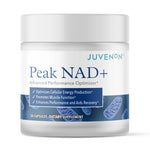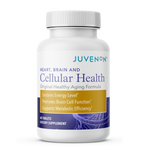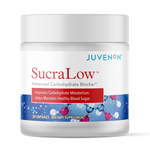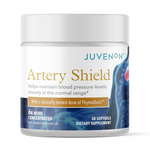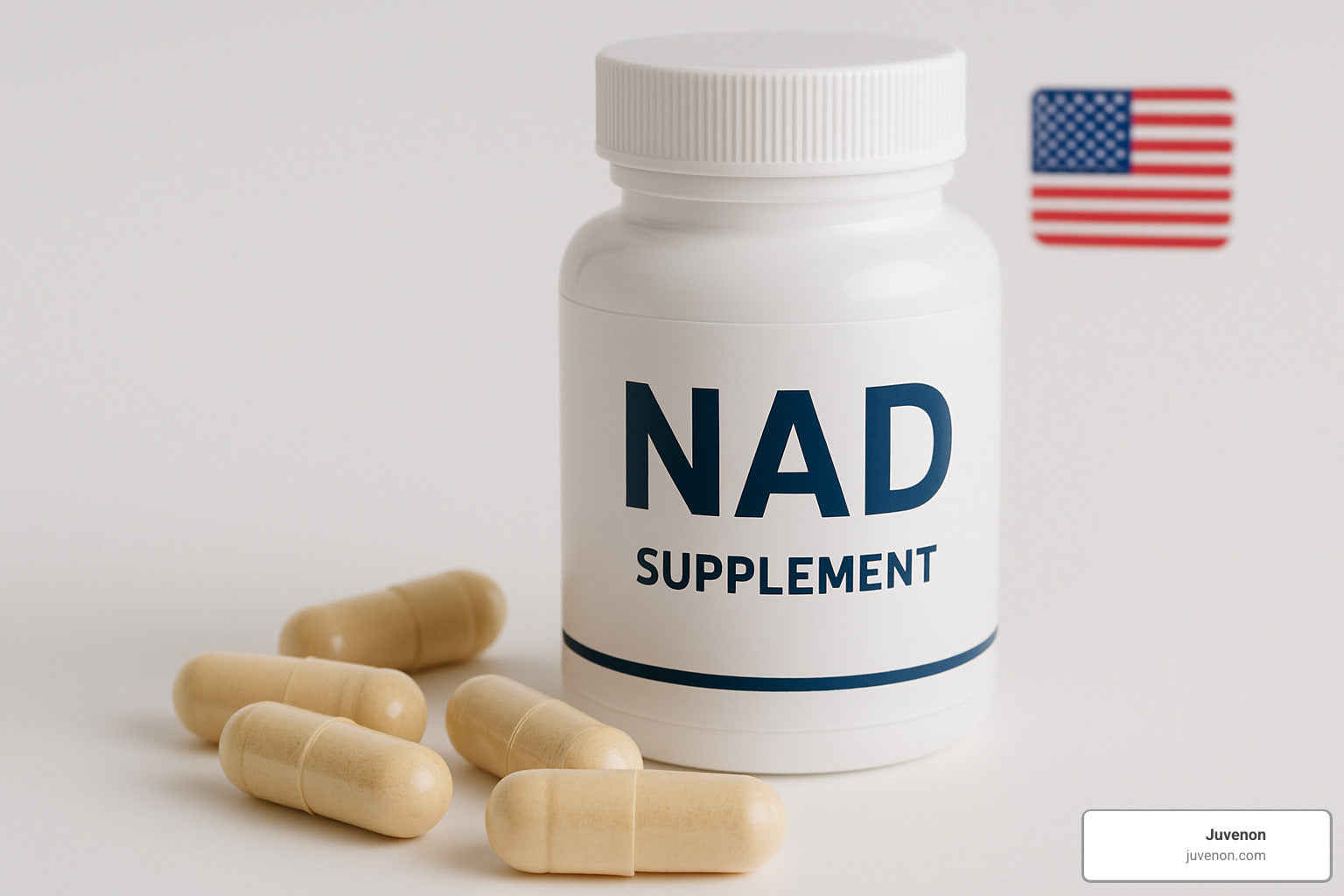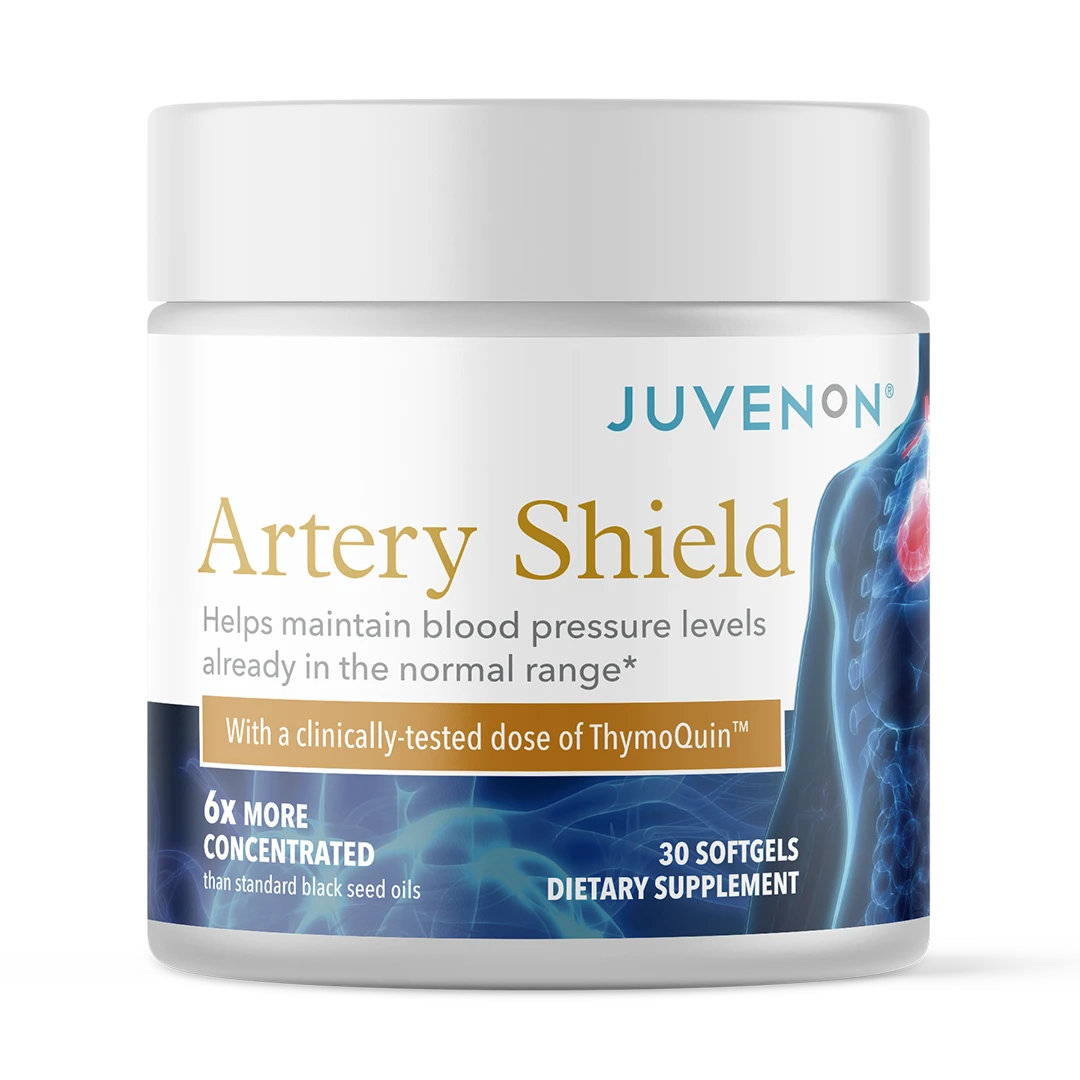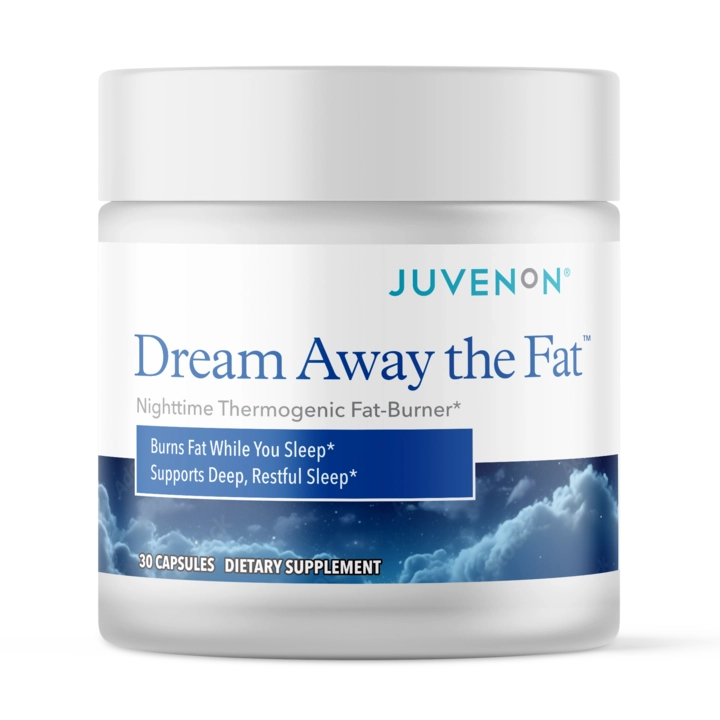
Foods that boost immune system are more than just trendy health advice - they're backed by solid science. When you eat the right nutrients, you're literally feeding your immune cells what they need to function properly.
Top immune-boosting foods include:
- Citrus fruits - vitamin C for white blood cell production
- Red bell peppers - 3x more vitamin C than oranges
- Leafy greens - beta-carotene and folate
- Garlic and onions - allicin compounds for immune cell activity
- Yogurt - probiotics for gut immunity
- Nuts and seeds - vitamin E and zinc
- Shellfish - highest zinc content of any food
- Berries - antioxidants and anti-inflammatory compounds
Here's what makes this different from typical "superfood" lists: your immune system isn't something you can "boost" overnight. Research shows it's actually a complex network that needs consistent, balanced nutrition rather than mega-doses of single nutrients.
The most effective approach combines nutrient-dense whole foods with good sleep, regular exercise, and stress management. No single food is magic, but the right combination can make a real difference in how your body fights off infections and maintains long-term health.
I'm Michelle M. Henson, and through my work in health and wellness content, I've seen how proper nutrition - including foods that boost immune system function - can transform people's energy and resilience. The key is understanding which foods actually work and how to make them part of your daily routine.

Basic foods that boost immune system vocab:
How Your Immune System Works (and Why Food Matters)
Your immune system is like a sophisticated security network with two main divisions: innate immunity (your first line of defense) and adaptive immunity (your specialized response team). Both rely heavily on the nutrients you consume daily.
Innate immunity includes physical barriers like your skin and mucous membranes, plus immune cells that patrol your body looking for threats. Adaptive immunity creates specific antibodies and remembers past infections to fight them more effectively next time.
Here's where nutrition becomes crucial: your white blood cells - the soldiers of your immune system - need specific vitamins and minerals to function properly. Vitamin C stimulates the formation of antibodies and helps white blood cells move more effectively. Vitamin A supports the epithelial barriers that keep pathogens out. Zinc is essential for immune cell development and communication.
The gut microbiome deserves special attention because roughly 70% of your immune system lives in your digestive tract. The beneficial bacteria in your gut help train your immune system and maintain the intestinal barrier that prevents harmful microbes from entering your bloodstream.
Key nutrients for immune function:
- Vitamin C: 75 mg daily for women, 90 mg for men
- Vitamin E: 15 mg daily for adults
- Zinc: 8 mg for women, 11 mg for men
- Selenium: 55 micrograms daily
- Vitamin D: Critical for immune regulation
Hydration also plays a vital role - adequate water intake maintains mucous membrane function and helps flush toxins through your kidneys. We often overlook this simple factor, but dehydration can significantly impair immune function.
Let's bust a common myth: you can't actually "boost" your immune system beyond its normal capacity. What you can do is support its optimal function through consistent, balanced nutrition. Megadoses of vitamins don't create super-immunity - they often just create expensive urine.
12 Science-Backed Foods That Boost Immune System
When we talk about foods that boost immune system function, we're looking for nutrient-dense options that provide the building blocks your immune cells need. The key is variety - different colored fruits and vegetables contain different phytonutrients that work together synergistically.
Think of your plate as a rainbow. Each color represents different antioxidants and compounds that support various aspects of immune function. Red foods contain lycopene, orange foods provide beta-carotene, green foods offer chlorophyll and folate, and purple foods are rich in anthocyanins.
Citrus Fruits: Classic foods that boost immune system fast
Citrus fruits are the poster children for immune support, and for good reason. Oranges, lemons, grapefruits, and limes are packed with vitamin C, which improves epithelial barrier function and promotes the development of lymphocytes and phagocytes - the cells that literally eat harmful microbes.
Scientific research on vitamin C shows that while it may not prevent the common cold in most people, it can reduce the duration and severity of symptoms. Regular vitamin C intake is more important than loading up when you're already sick.
How much do you need? Most citrus fruits provide a significant portion of your daily vitamin C requirement. One medium orange contains about 70 mg of vitamin C, nearly meeting the daily needs for women and providing most of what men need.
The flavonoids in citrus fruits provide additional benefits beyond vitamin C. These compounds have anti-inflammatory properties and may help reduce the risk of chronic diseases that can weaken immune function over time.
Red Bell Peppers & Leafy Greens
Here's a surprise: red bell peppers contain almost three times as much vitamin C as oranges per 100 grams. They're also rich in beta-carotene, which your body converts to vitamin A - essential for maintaining the mucous membranes that serve as your first line of defense against pathogens.
Leafy greens like spinach and kale are nutritional powerhouses. Spinach provides folate, which is crucial for DNA synthesis and cell division - processes that are especially important when your immune system needs to rapidly produce new cells to fight infection.
Kale and other cruciferous vegetables contain sulforaphane, a compound that activates the Nrf2 pathway. This cellular pathway switches on hundreds of antioxidant genes, helping your cells defend against oxidative stress and inflammation.
Preparation tip: Steam or lightly sauté these vegetables to preserve their heat-sensitive nutrients. Cooking cruciferous vegetables as little as possible retains the most vitamins and beneficial compounds.
Garlic & Onions: Pungent foods that boost immune system naturally
Garlic deserves its reputation as a natural immune supporter. When you crush or chop garlic, it releases allicin, a sulfur compound with antimicrobial properties. Scientific research on garlic shows it can improve immune cell activity and may help reduce the severity of cold and flu symptoms.
Early civilizations recognized garlic's medicinal value, using it to fight infections long before we understood the science behind it. Modern research confirms that garlic polysaccharides can boost interferon-gamma and interleukin-2 levels - key signaling molecules in immune response.
Onions contain quercetin, a flavonoid with anti-inflammatory and antioxidant properties. Quercetin may help reduce inflammation and support the body's natural defense mechanisms.
Usage tip: Add fresh, crushed garlic to sauces and dressings to maximize allicin content. Cooking garlic reduces some of its beneficial compounds, so try to include some raw garlic in your diet when possible.
Yogurt & Fermented Foods
Your gut houses about 70% of your immune system, making gut health crucial for overall immunity. Yogurt with live and active cultures provides beneficial probiotics that help maintain a healthy gut microbiome.
These beneficial bacteria serve multiple functions: they compete with harmful microbes for space and resources, produce compounds that strengthen the intestinal barrier, and help train your immune system to distinguish between helpful and harmful organisms.
What to look for: Choose plain yogurt with "live and active cultures" listed on the label. Many commercial yogurts are loaded with added sugars, which can actually impair immune function. Sweeten yours naturally with fresh fruit and a drizzle of honey.
Other fermented foods that support gut immunity include:
- Kefir (fermented milk drink)
- Kimchi (fermented vegetables)
- Sauerkraut
- Miso
- Tempeh
Nuts, Seeds & Almonds
Nuts and seeds are excellent sources of vitamin E, a fat-soluble antioxidant that protects cell membranes from oxidative damage. A half-cup serving of almonds (about 46 whole nuts) provides nearly 100% of the daily recommended amount of vitamin E for adults.
Vitamin E is particularly important for maintaining immune function as we age. It helps protect the integrity of cell membranes and supports the function of T-cells, which are crucial for adaptive immunity.
Other immune-supporting nuts and seeds:
- Sunflower seeds (vitamin E and selenium)
- Brazil nuts (selenium - just 2-3 nuts provide your daily needs)
- Walnuts (omega-3 fatty acids)
- Pumpkin seeds (zinc and magnesium)
Absorption tip: Consume these healthy fats alongside vitamin E sources for proper absorption, since vitamin E is fat-soluble.
Shellfish & Oysters
Oysters are the highest food source of zinc, providing more of this essential mineral than any other food. Zinc is critical for immune cell function, wound healing, and the development of immune cells.
Other shellfish like crab, lobster, and mussels are also rich in zinc. This mineral is essential for the normal development and function of cells that mediate innate immunity, including neutrophils and natural killer cells.
Daily zinc needs: 8 mg for women and 11 mg for men. It's important not to exceed these recommendations significantly, as too much zinc can actually impair immune function.
Shellfish also provide high-quality protein, which supplies the amino acids needed to build antibodies and immune cells.
Berries & Pomegranate
Berries are packed with anthocyanins, the compounds that give them their vibrant colors. These antioxidants have anti-inflammatory properties and may help reduce the risk of chronic diseases that can weaken immune function.
Top immune-supporting berries:
- Blueberries (anthocyanins and vitamin C)
- Strawberries (vitamin C and folate)
- Elderberries (antiviral compounds)
- Cranberries (proanthocyanidins for urinary tract health)
Pomegranates contain ellagitannins, which have both antioxidant and prebiotic effects. These compounds may help support beneficial gut bacteria while providing anti-inflammatory benefits.
Research suggests that regular berry consumption is associated with lower levels of inflammatory markers and better immune function over time.
Green Tea & Herbs
Green tea contains high levels of epigallocatechin gallate (EGCG), a powerful antioxidant with potential antiviral properties. The steaming process used to make green tea preserves more of these beneficial compounds compared to the fermentation process used for black tea.

Immune-supporting herbs and spices:
- Turmeric: Contains curcumin, which has anti-inflammatory properties
- Ginger: May help reduce inflammation and nausea
- Oregano: Rich in antioxidants and antimicrobial compounds
- Cinnamon: May help regulate blood sugar and reduce inflammation
These herbs and spices can be easily incorporated into daily cooking, providing both flavor and immune support.
Mushrooms & Medicinal Fungi
Mushrooms contain beta-glucans, complex carbohydrates that can help modulate immune function. Research on shiitake mushrooms shows that eating them daily for four weeks can improve immune cell activity and reduce inflammatory markers.
In a study of 52 healthy adults, participants who ate a 4-ounce serving of shiitake mushrooms daily showed improved gamma delta T-cell function and reduced levels of inflammatory proteins.
Immune-supporting mushrooms:
- Shiitake (beta-glucans and vitamin D)
- Reishi (immune-modulating compounds)
- Maitake (beta-glucans)
- Oyster mushrooms (protein and B vitamins)
Mushrooms are also one of the few food sources of vitamin D, especially when exposed to UV light during growing or processing.
Foods & Habits That Can Weaken Your Immune Defenses
While we focus on foods that boost immune system function, it's equally important to understand what can undermine your immune health. Certain dietary patterns and lifestyle habits can actually impair your body's ability to fight off infections.
Ultra-processed foods are a major culprit. These foods are often high in added sugars, unhealthy fats, and artificial additives while being low in the nutrients your immune system needs. High sugar intake can suppress immune function for several hours after consumption.
Excessive alcohol consumption impairs immune function by disrupting the gut microbiome, reducing the production of immune cells, and interfering with the body's inflammatory response. Moderate alcohol consumption (if any) is key for maintaining immune health.
Chronic stress lifts cortisol levels, which can suppress immune function over time. While short-term stress can actually improve immune response, chronic stress is immunosuppressive.
Poor sleep quality significantly impacts immune function. During sleep, your body produces cytokines that help fight infection and inflammation. Adults need 7-9 hours of quality sleep for optimal immune function.
Sedentary lifestyle weakens immune function. Regular moderate exercise improves immune cell circulation and reduces chronic inflammation. The CDC recommends at least 150 minutes of moderate-intensity exercise per week.
Scientific research on lifestyle changes shows that combining good nutrition with adequate sleep, regular exercise, and stress management provides the most comprehensive immune support.
Diet vs. Supplements: Can You "Boost" Immunity Overnight?
The supplement industry would have you believe that popping a few pills can boost your immune system, but the reality is more nuanced. While supplements can help fill nutritional gaps, they can't replace the complex synergy found in whole foods.
Whole foods provide advantages that supplements can't match:
- Multiple nutrients working together
- Fiber that supports gut health
- Phytonutrients that aren't available in isolated form
- Better absorption and bioavailability
For example, vitamin D can be synthesized by your body with just 13-15 minutes of sunshine three times a week. This natural production is often more effective than supplementation, though supplements may be necessary for people with limited sun exposure.
When supplements might be helpful:
- Vitamin D in winter months or for those with limited sun exposure
- B12 for vegans and vegetarians
- General multivitamin for elderly adults or those with restricted diets
- Specific nutrients recommended by healthcare providers based on blood tests
Supplement safety considerations:
- Avoid megadoses exceeding 100% of recommended daily values
- Fat-soluble vitamins (A, D, E, K) can accumulate to toxic levels
- Some supplements can interact with medications
- Quality varies significantly between brands
The truth is, you can't "boost" your immune system overnight. Immune health is built through consistent, long-term habits that include balanced nutrition, adequate sleep, regular exercise, and stress management.
Frequently Asked Questions about Foods That Boost Immune System
Can diet alone prevent infections?
While a healthy diet significantly supports immune function, it cannot guarantee protection against all infections. Foods that boost immune system function work by providing the nutrients your immune cells need to function optimally, but they're just one piece of the puzzle.
Your immune system is influenced by many factors including genetics, age, stress levels, sleep quality, and exposure to pathogens. A nutrient-dense diet provides the foundation for good immune health, but it should be combined with other healthy lifestyle practices.
Think of it this way: good nutrition gives your immune system the tools it needs to do its job effectively, but it can't create an impenetrable shield against all illnesses.
How quickly will I notice benefits from immune-supporting foods?
The timeline for seeing benefits from immune-supporting nutrition varies depending on your starting point and overall health status. Some changes happen relatively quickly, while others take weeks or months to become apparent.
Short-term changes (days to weeks):
- Improved energy levels
- Better digestion from increased fiber intake
- Reduced inflammation markers
Medium-term changes (weeks to months):
- Stronger gut microbiome
- More stable energy throughout the day
- Potentially fewer minor illnesses
Long-term changes (months to years):
- Reduced risk of chronic diseases
- Better overall immune resilience
- Improved recovery from illness or stress
Consistency is key. Eating immune-supporting foods occasionally won't have the same impact as making them a regular part of your diet.
Should children and older adults focus on different nutrients?
Yes, different life stages have varying nutritional needs for optimal immune function. Children's immune systems are still developing, while older adults may face age-related changes in immune function.
Children need:
- Adequate protein for growing immune cells
- Iron for proper immune cell development
- Vitamin D for immune regulation
- Zinc for wound healing and immune cell function
- A variety of fruits and vegetables for antioxidants
Older adults may benefit from:
- Higher protein intake to maintain muscle mass and immune function
- Vitamin D supplementation (often needed due to reduced sun exposure)
- Vitamin B12 (absorption decreases with age)
- Adequate hydration (thirst sensation decreases with age)
- Easily digestible sources of nutrients
Both groups benefit from a varied, colorful diet rich in whole foods, but older adults may need to pay special attention to nutrient density and may benefit from targeted supplementation under medical supervision.
Conclusion
Supporting your immune system through nutrition isn't about finding miracle foods or quick fixes - it's about creating sustainable habits that nourish your body consistently over time. The foods that boost immune system function work best when they're part of a balanced, varied diet combined with adequate sleep, regular exercise, and effective stress management.
At Juvenon, we understand that longevity and immune health go hand in hand. Our scientifically-backed approach to health and wellness recognizes that true vitality comes from supporting your body's natural processes rather than trying to override them with extreme measures.
The immune-supporting foods we've discussed - from vitamin C-rich citrus fruits to zinc-packed shellfish - provide the building blocks your immune system needs to function optimally. But remember, no single food is magic. The power lies in the combination and consistency of your choices.
Start small by adding one or two immune-supporting foods to your daily routine. Maybe it's a handful of berries in your morning yogurt or a clove of garlic in your evening stir-fry. These small changes, maintained over time, can make a significant difference in your overall health and resilience.
Your immune system is working for you 24/7, defending against countless potential threats. Give it the support it deserves through thoughtful nutrition, and it will serve you well for years to come. For more comprehensive approaches to health and longevity, explore our well-being programs that integrate nutrition with other essential aspects of healthy living.
Investing in your immune health today is an investment in your future vitality and longevity.







